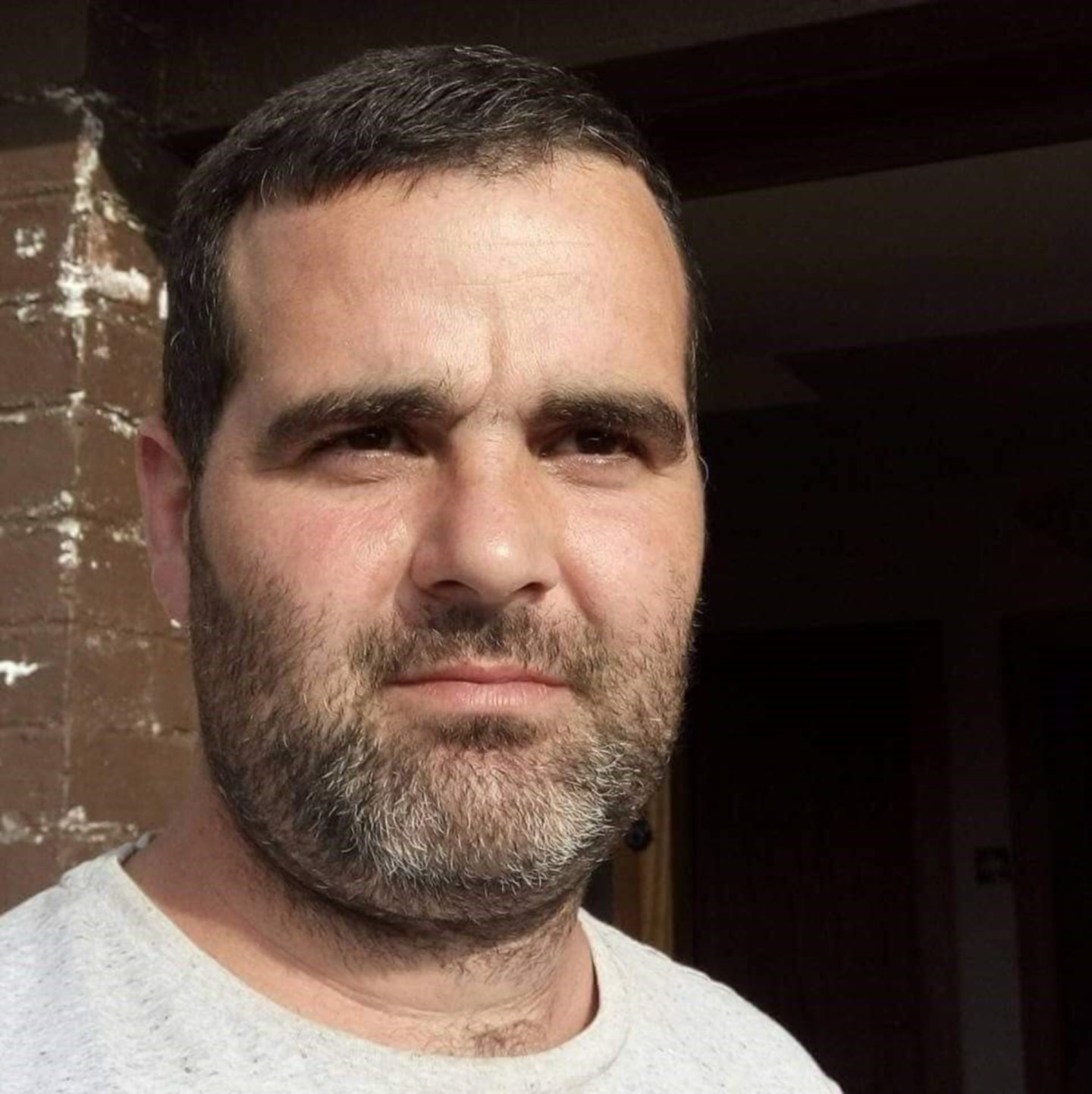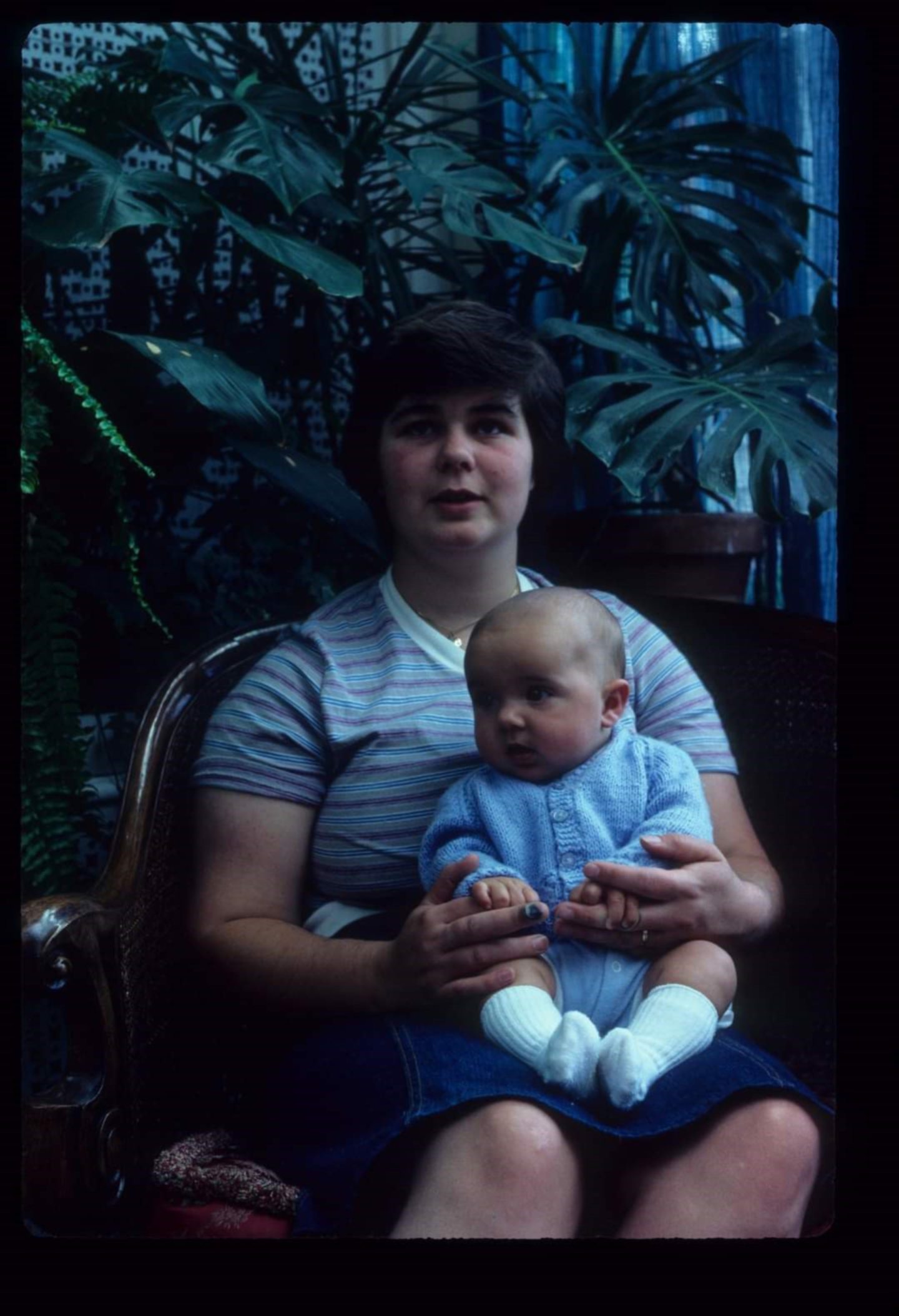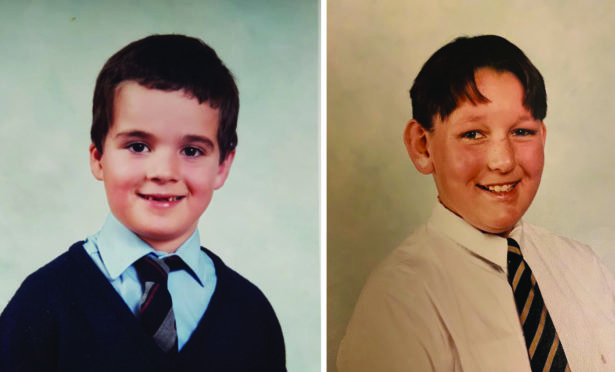
They were just two little boys, loved and loving, like any others sharing the same kind of hopes and dreams.
Jamie Murray and Miles Briggs went to school together, played together, and sneaked their first cigarette in the park together where the teenagers of Bankfoot, in rural Perthshire, hung out.
Their fathers worked in forestry, their mothers were stay-at-home mums, and both had their whole lives ahead of them.
One would go to university, and enjoy a successful business career before becoming an MSP. The other would be drawn into the darkness of an addiction which would end his life before the age of just 40.
As Scotland’s First Minister admits Scotland’s drug toll is a national disgrace and ordered urgent action, MSP Miles Briggs has spoken of Jamie and why his death – and the hundreds of others inflicted by drugs and endured by bereaved families – must be much more than just another grim statistic.
Miles said: “We laughed at the same silly jokes, played the same daft games and I was never out of Jamie’s house when we were growing up.
“His younger brother was my best friend, and Jamie’s family was so like mine. I was just one of them, another child with no worries about the future growing up in a beautiful village where everyone knew each other and crime was virtually unknown.
“That is why I cannot accept Jamie’s death as just another statistic in Scotland’s horrific drug death toll. Jamie was like my big brother, we had the same chances, the same upbringing, he was in the year above me at Perth Grammar. I could have been Jamie and he could have been me.
“But Jamie is dead and, five months on, his family is still waiting for answers, still waiting to know exactly how he died and why.
“I listen to the pain in Jamie’s mum’s voice and my eyes fill with tears because this is something that should never have happened to my friend or his family.
“We need to do something radical to ensure more lives like Jamie’s are not lost to us.
“Drugs are no longer an inner city problem. They are claiming lives everywhere, even in rural communities where parents once thought their children could grow up untouched by drugs and crime.”
Jamie’s mum Jane still cannot get through a day without weeping for the loss of her eldest son. Before he took his first smoke of cannabis at the age of 15, Jamie was full of love, laughter, and hope.
Jane said: “He was the bonniest baby and the sweetest, most loving little boy any mum could wish for.
“We were very close, and growing up in this village, his father Peter and I never thought for a minute he would be taken from us this way.
“Miles and the boys were all pals. In a village, everyone knows each other and it’s a lovely atmosphere for children to grow up in.
“Jamie did all the usual things boys did, he was an Army Cadet, he loved the rough and tumble of football.
“Jamie and Miles had everything in common. My son was clever, both he and Miles went to Perth Grammar. Just like Miles, my Jamie should have had the world at his feet.
“But drugs came into his life and no matter how hard he fought or how much we tried to help him, and nobody could have tried harder to prevent this awful tragedy, drugs took our beautiful boy from us.”
Jamie was found dead in a flat in Perth on September 1 last year. Until The Sunday Post began to investigate, Jamie’s family had never been told the full circumstances of his death.
His mother said: “For five months I’ve struggled not knowing anything more than the day I was told by the police that Jamie was dead.
“After The Sunday Post got involved, within hours the police and Procurator Fiscal’s office called to say a cocktail of drugs were found in Jamie, including methadone, heroin, street Valium, and cocaine.
“I still don’t know who was with him, I don’t know why he wasn’t at his own home, and I don’t know if someone gave him the drugs that killed him or whether they will ever be held to account.
“Our family has been torn apart and I’m drowning in tears of anger, regret and frustration. From the day Jamie took that first puff of dope, he was all but lost to us. It took years to lose him. But it all started that day.”
Jane said that as Jamie became ever more addicted to drugs, his family did not know who to turn to.
“Jamie’s personality changed and eventually he could not function and hold down a job working alongside his father,” she said. “We tried everything, but nothing could get through to him.
“The lowest point came when I went to wake him up and found him trying to shoot up heroin in his bedroom.
“We were horrified and to shock him, we threw him out, hoping it would bring him to his senses. That’s how naive we were to the pull drugs has on an addict.
“We saw him walking the streets a couple of days later, soaking wet and freezing cold. Of course, we took him home.”
Jane says Jamie’s life was a round of social workers, police, her son living from one drug buy to the next, sometimes, to her horror, even shoplifting to fund his habit, all while despising himself for not having the strength to break away from the seedy world he found himself in.
Jane said: “I used to go with him to meetings where he would be handed leaflets about methadone programmes, but when he’d beg to be sent for residential rehab, he was told there wasn’t any funding.
“He’d ask to get taken off methadone as the side effects are so awful, but when he asked to have his dose reduced or to try a different treatment he was told, ‘no’.
“It was soul destroying and easy to see why he felt like he was on an endless roundabout with no way off.
“And despite the fact that it was supposed to be family meetings we were attending, all the professionals ignored me and just spoke to Jamie who clearly was very ill and unable to think clearly.”
Jane is critical of the system supposed to help addicts. “As soon as Jamie would build up trust in one worker, they would move on, leaving him to start at the beginning again.
“It was almost like they were creating an industry where they would have a never-ending supply of customers because all through the years we had contact with services, we struggled to think of anyone who got clean and stayed clean.
“What we did see was catastrophic policies which did not involve methadone reduction, but they did insist that if anyone had a dirty test they were out of the program after one strike.
“That threw vulnerable addicts into the clutches of drug dealers, taking whatever they could get their hands on – even though everyone knew street Valium was killing hundreds of them.
“People are shocked by the 1,264 drug deaths last year in Scotland, but after the experience of dealing with drug services I doubt that is even the tip of the iceberg as so many take their lives in despair and those deaths are not recorded as drug deaths.
“I wouldn’t be surprised if the true toll was double that, maybe even three times that.”
Specialists: Isolated drug users at risk as more seek numbing oblivion in lockdown
Jane is calling for a rethink in the way addiction is tackled.
“Drug addiction is a terrible, devastating illness which affects everyone in an addict’s life,” she said.
“We need to realise that drug addiction can happen to any family, to any mother’s son. And we must ensure there is proper support for families.
“The pain of watching my son struggle for years trying to kick drugs left us powerless, angry and frustrated because the services actually try to exclude families.
“I’m so angry it has taken all these years to finally admit that Scotland’s drug deaths are a national disgrace. Whatever the government does now, it is far too late for Jamie.
“But we must learn to recognise and embrace treatments that work, provide rehabilitation beds and programmes which have an identifiable success rate are where the investment should be made.
“Precious funding should not go to programmes where addicts are left on methadone for years on end because that solves nothing. And we must see a whole lot more action from the police.
“They know exactly who the dealers are in our communities and they have the power to close them down. If we don’t, whose child will be found dead next week?”

Enjoy the convenience of having The Sunday Post delivered as a digital ePaper straight to your smartphone, tablet or computer.
Subscribe for only £5.49 a month and enjoy all the benefits of the printed paper as a digital replica.
Subscribe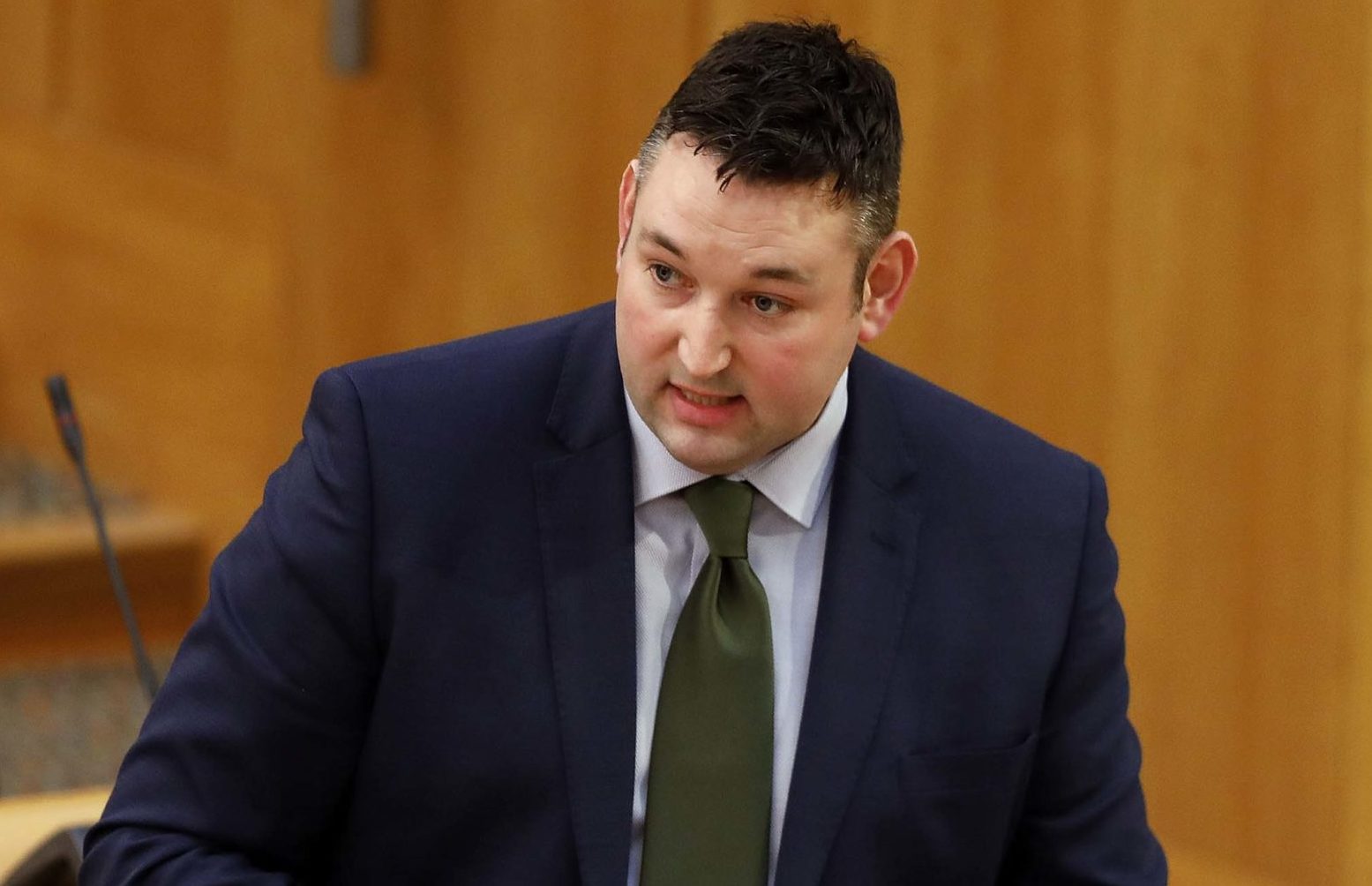 © Andrew Cowan/Scottish Parliament
© Andrew Cowan/Scottish Parliament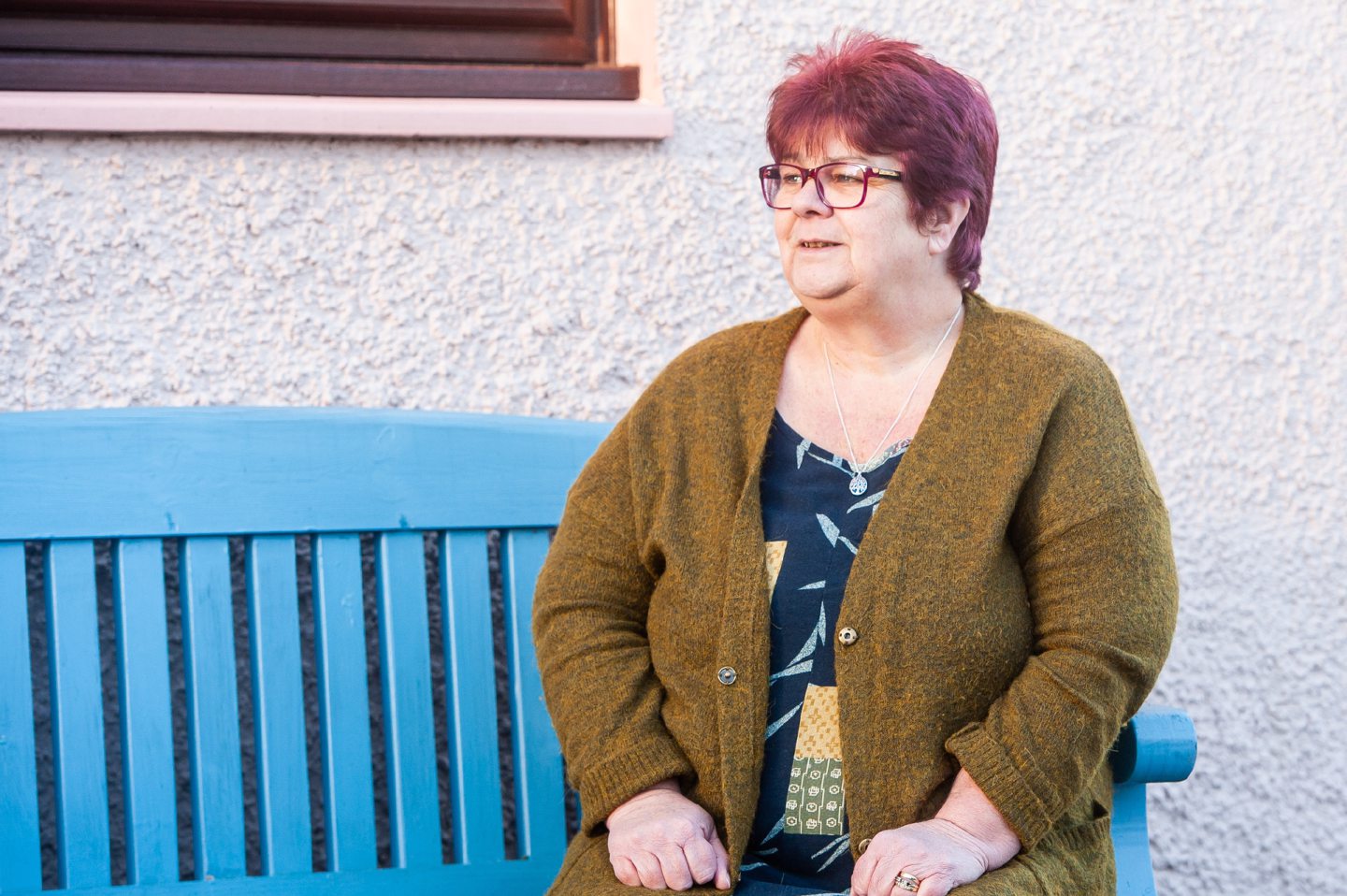 © Wullie Marr Photography
© Wullie Marr Photography